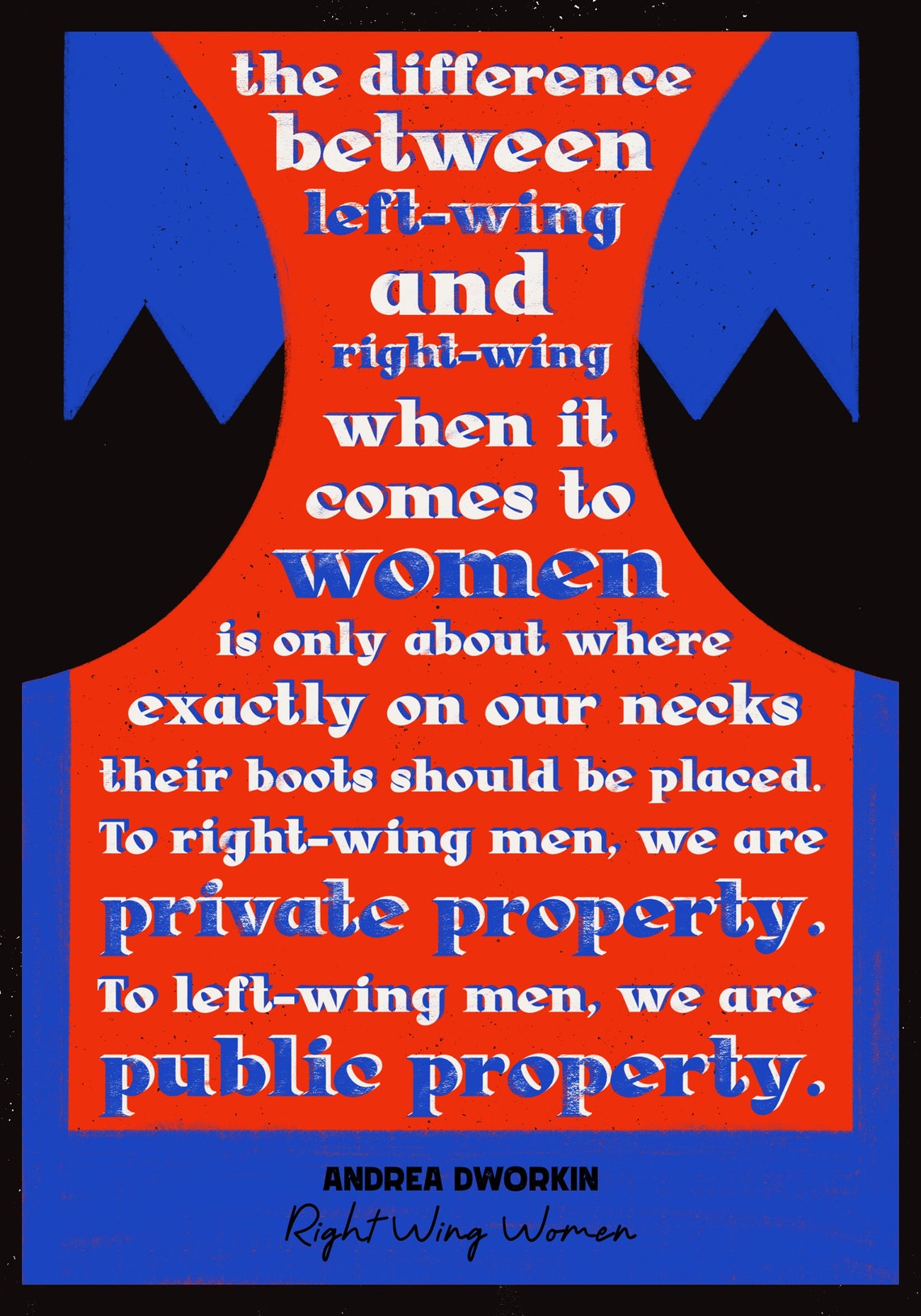


Dobson (now head of Focus on the Family). Her "moving" testimony was singled out for warm praise by the then-obscure fundamentalist Christian psychologist James C. the Meese Commission–offering a lurid account of the supposedly routine misogynistic sadism in porn and fielding such trenchant questions as whether an image of a woman performing fellatio on her knees would automatically qualify as female subordination. (The federal courts promptly struck it down on First Amendment grounds.) In 1986 Dworkin testified before the Attorney General's Commission on Pornography–a.k.a. Some were particularly excited about the MacKinnon?Dworkin solution to that pesky First Amendment: Declare "pornography," loosely defined, to be a violation of women's civil rights.Īn ordinance based on this concept, which would have allowed any aggrieved woman to seek the suppression of sexually explicit materials and to sue the producers and distributors, passed in Indianapolis in 1984 with strong backing from the right, including the anti-feminist doyenne Phyllis Schlafly. The religious right saw an opportunity to harness this effort to its own crusade against smut. It started in the 1980s, after Dworkin and Catharine MacKinnon emerged as leaders of the feminist war on porn. In her syndicated column, Maggie Gallagher wrote lyrically about the "gift" of mutual understanding that she and Dworkin had given each other "from the opposite ends of the political spectrum."īut the romance between social conservatives and the far-left feminist goes a long way back. In National Review, David Frum described a meeting with Dworkin in almost glowing terms. Even odder were the plaudits from conservatives. The passing of Andrea Dworkin–feminist polemicist, anti-porn crusader, and loony extraordinaire–drew strangely admiring obituaries from several feminists who vehemently disagreed with her in life, including the self-identified "feminist pornographer" Susie Bright and the staunchly anti-censorship Nation columnist Katha Pollitt.


 0 kommentar(er)
0 kommentar(er)
